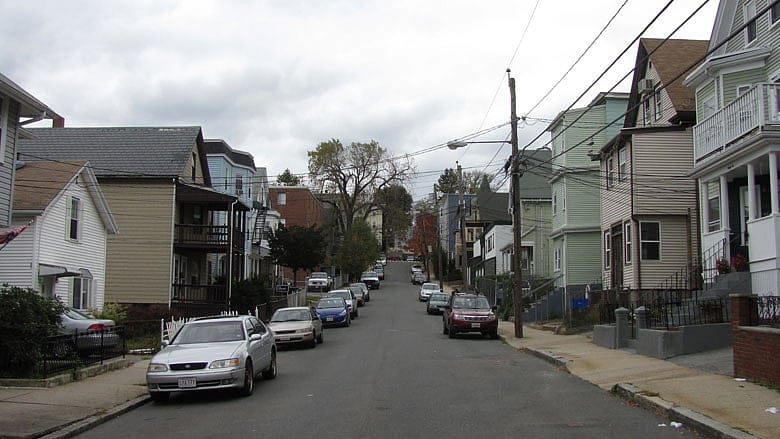Eleven years after Kelo, Somerville eyes 279 eminent domain takings

SOMERVILLE — Eleven years after the United States Supreme Court held that the government can seize private property and turn it over to another private entity in the name of economic development, the case, Kelo v. City of New London, is still generating shockwaves.
In 2012, Somerville, Massachusetts, a jam-packed city of 80,000 currently in the midst of an an era of dramatic growth, unveiled an ambitious plan for its downtown Union Square neighborhood. Dubbed the Union Square Revitalization Plan, it revolves around a proposed extension of the Green Line, a subway route that would connect the neighborhood with downtown Boston. The city is authorized, under state eminent domain laws, to grab up to 279 private properties, according to a lawsuit filed last year by a band of property owners.

